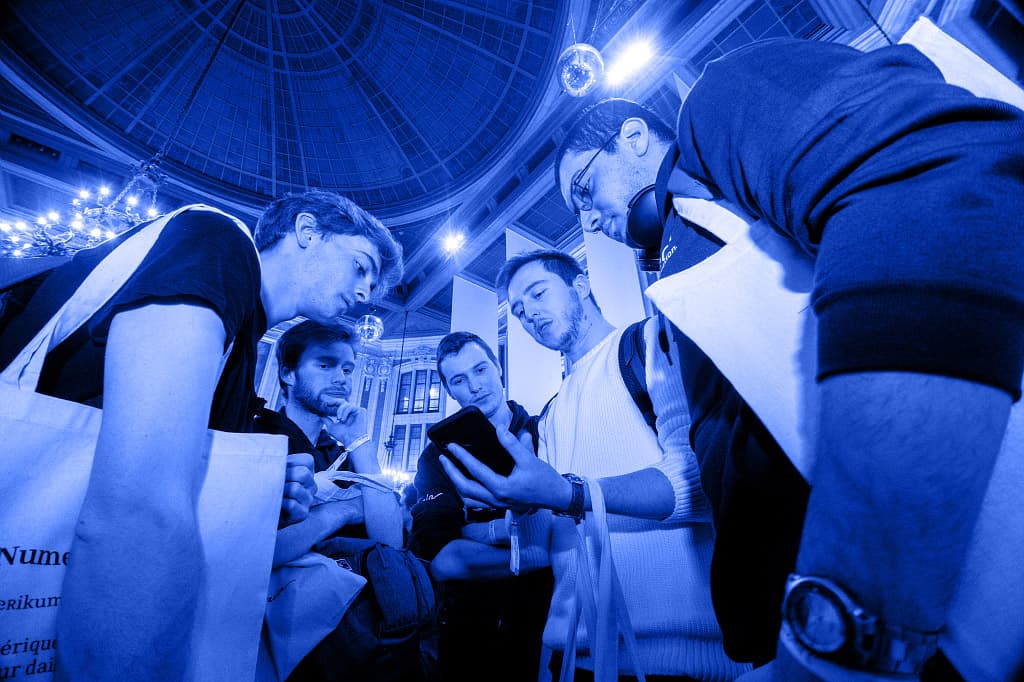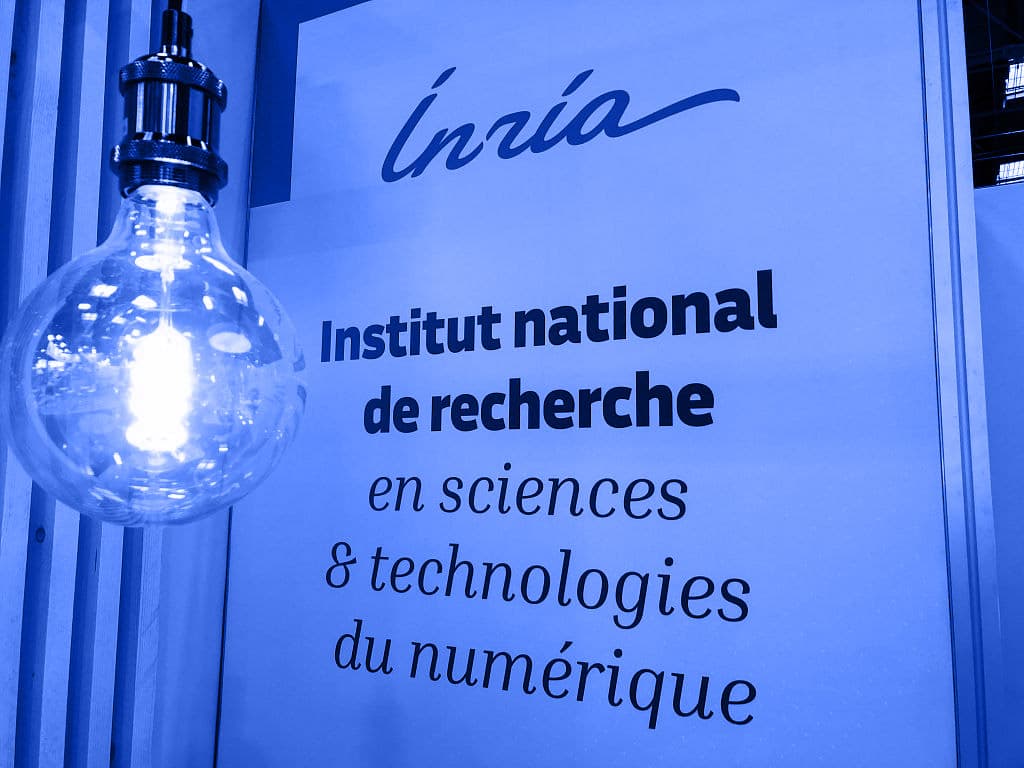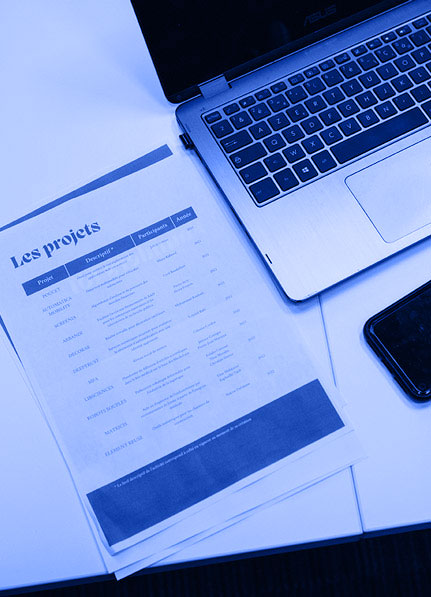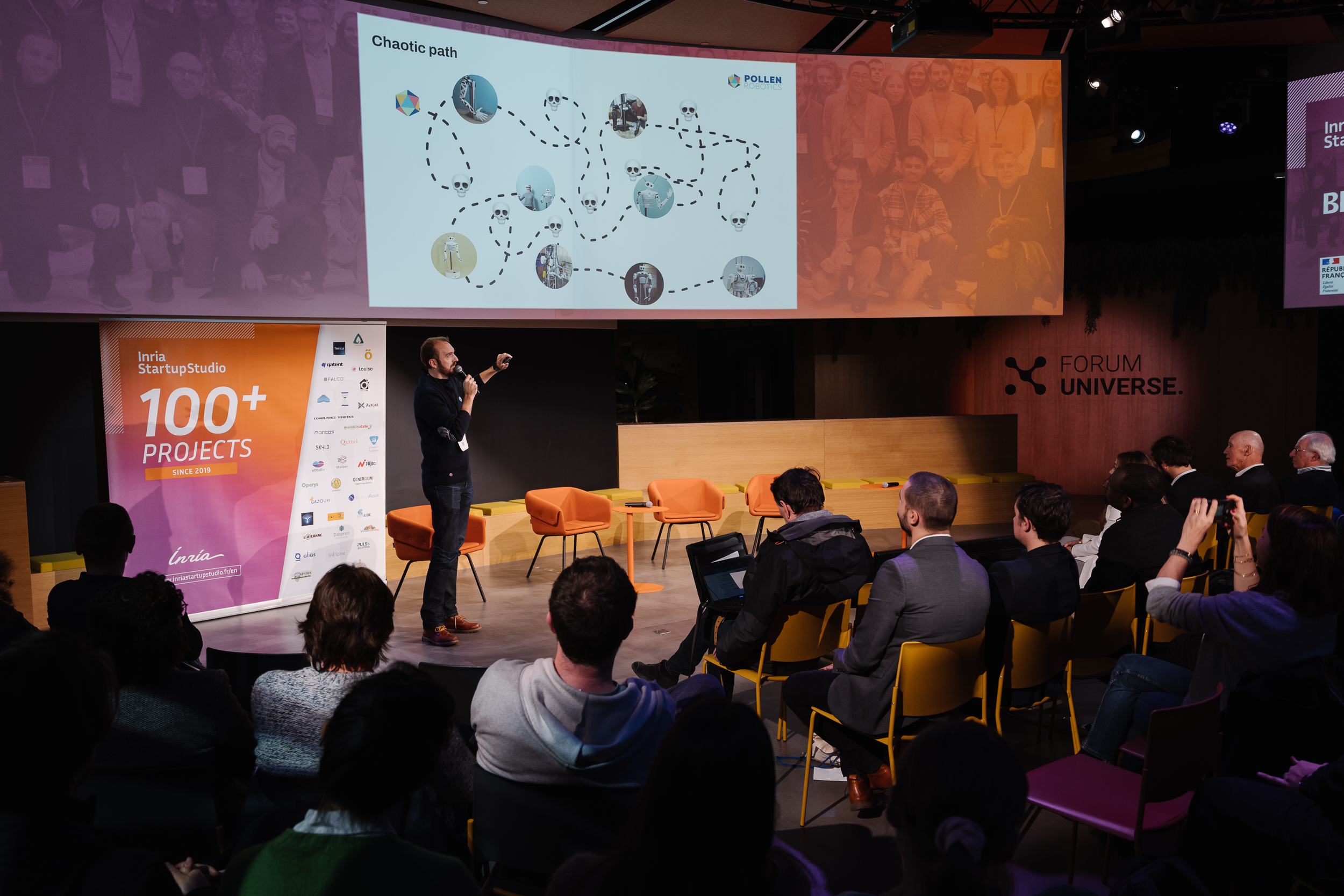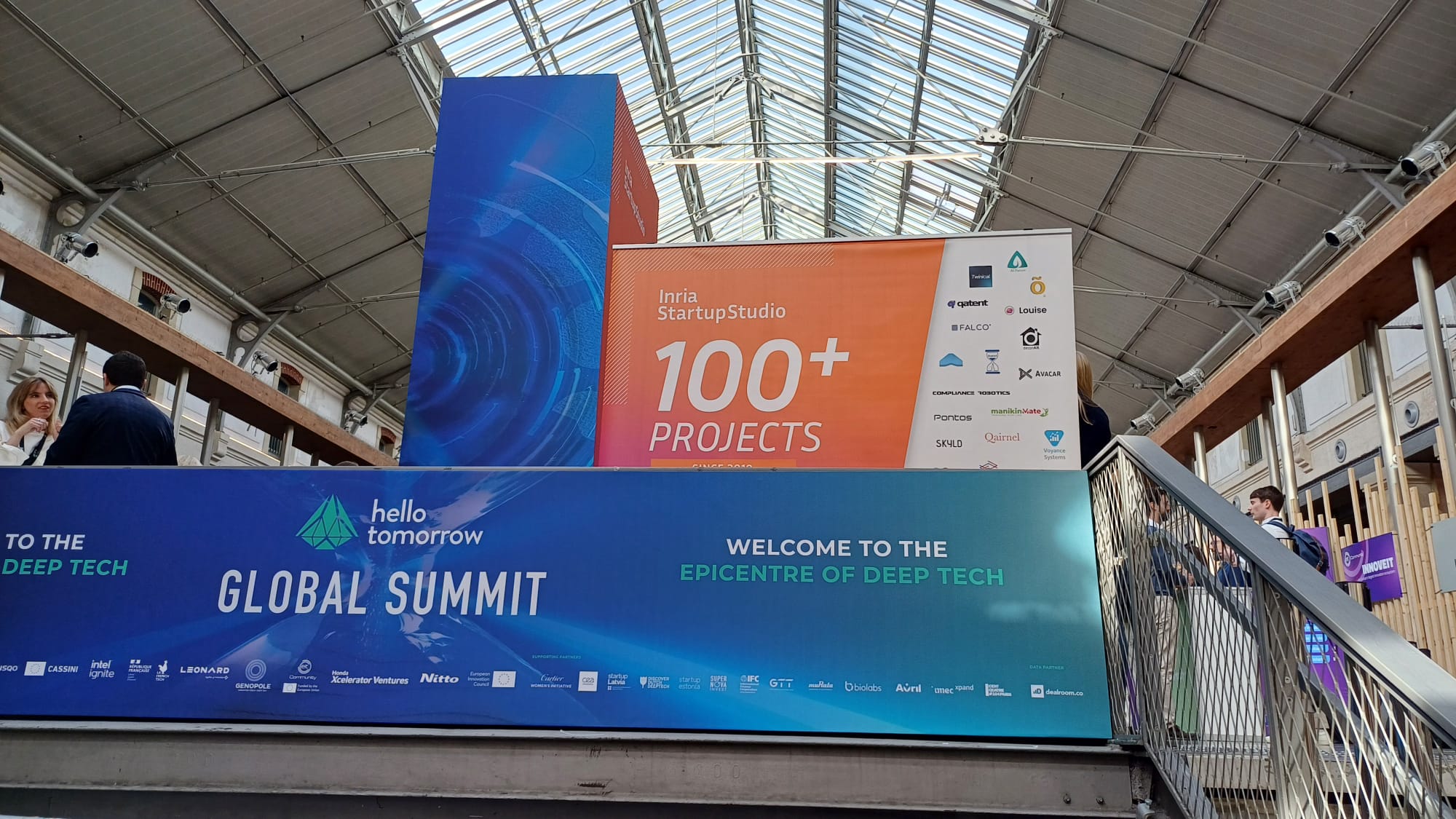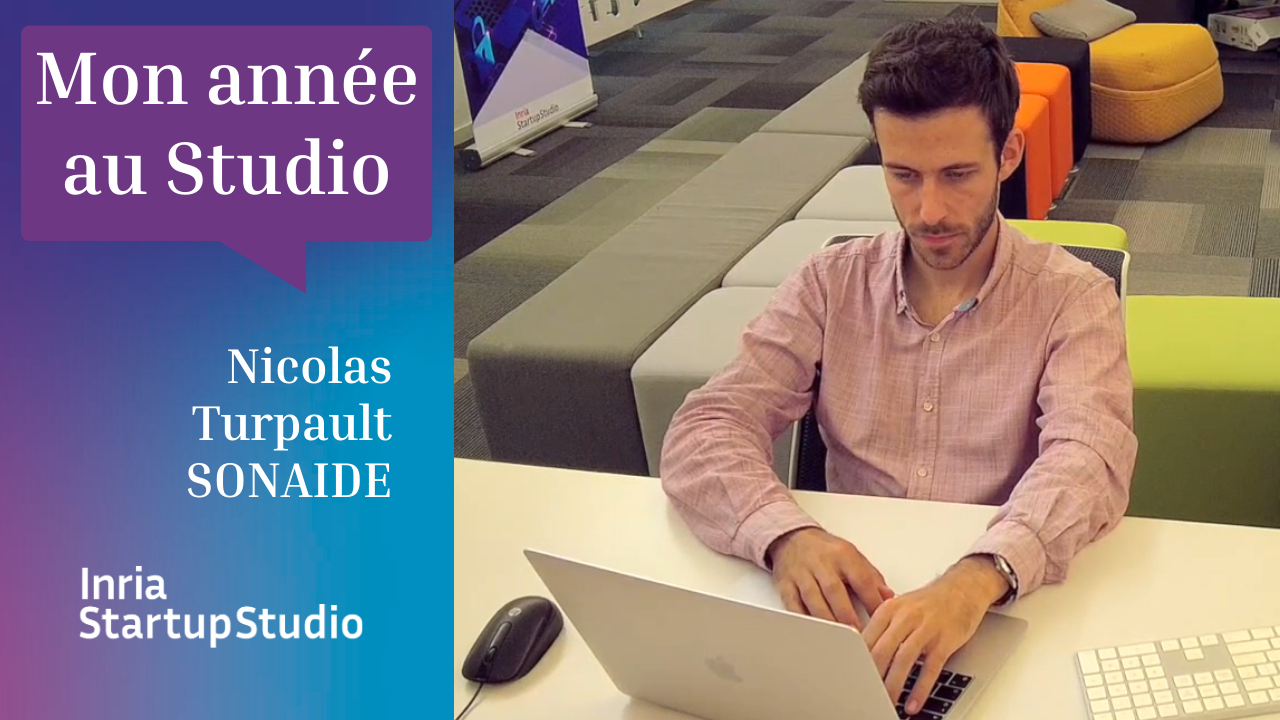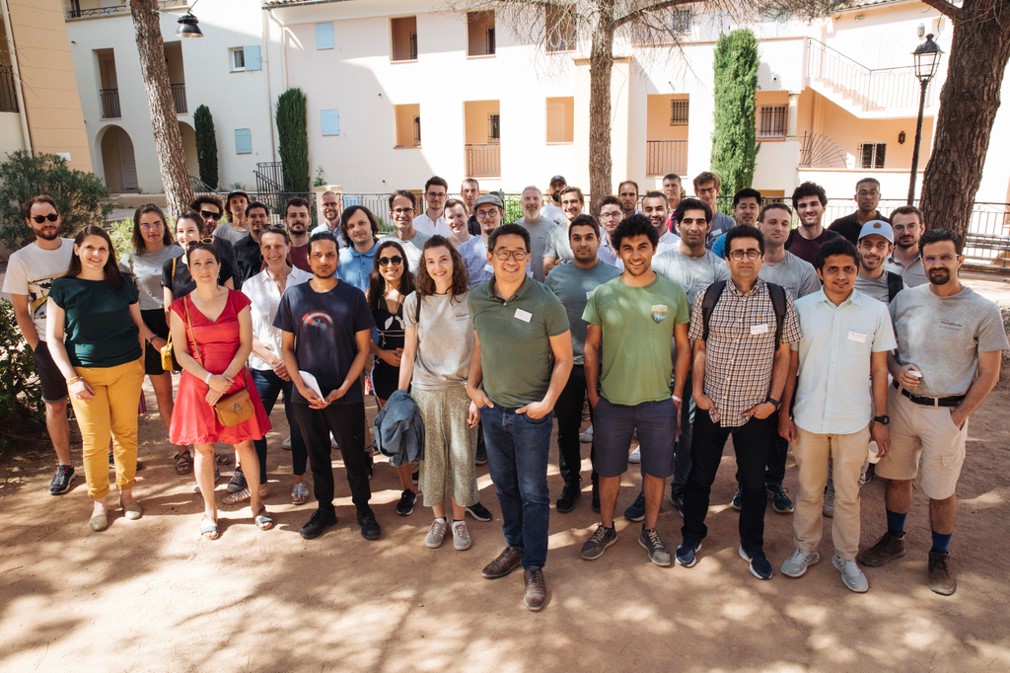
100 Projects selected by Inria Startup Studio
Since its launch in 2019, Inria Startup Studio selected 100 digital deeptech startup projects . 150 people have been supported, 25 startups created and more than 5 million euros in funding for the best funded.
Since its launch in 2019, Inria Startup Studio will have auditioned 100 digital deeptech startup projects through its selection committee. The 100th project is called AlphaBrain, it comes from the Saclay research center and deals with patient monitoring during general anesthesia. But that is not the subject of this post and you can see all the projects supported by the Inria teams on the Portfolio page. We give here a short analysis of these projects, their nature, their current situation and also the typology of the people behind these projects.
Artificial Intelligence, Software but also Health
Let’s begin with the nature of the projects, namely the technologies they embed and their field of application. Unsurprisingly the technologies revolve around software as shown in the following figure.
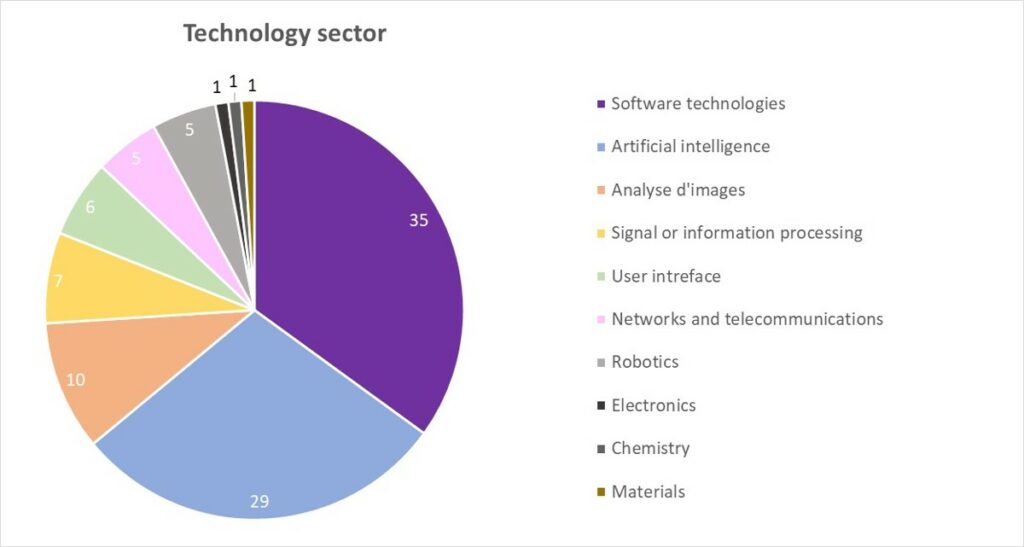
Generic software technologies represent 35% of the projects, while artificial intelligence represents 29% of the total, image processing 10% and signal or information processing 7%. User interfaces represent 6%, telecommunications and robotics 5% each. Finally come microelectronics, chemistry and materials with 1% each.
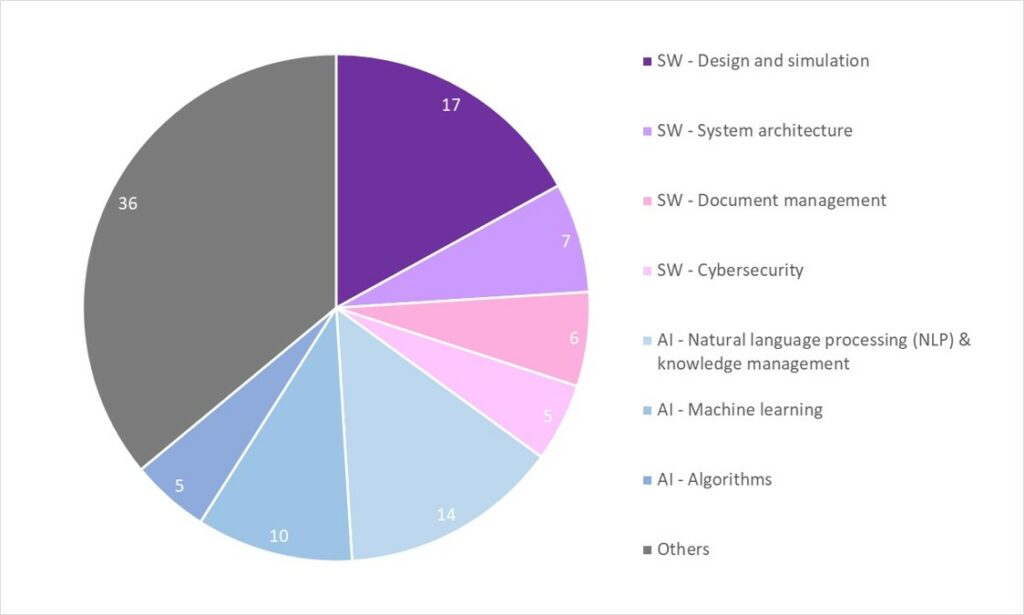
Because software technologies (SW) and artificial intelligence (AI) have become very generic terms, the figure above refines the description: SW includes design and simulation (17%), system architecture (7%), document management (6%) and cybersecurity (5%) whereas AI natural language processing and knowledge management (14%), machine learning (10%) and algorithmic techniques (5%) describe finely AI.
Technologies are only one aspect of the nature of a startup project : the application field is indeed essential and many technologies are embedded in a product or service in the end. Here again, software (as an industry here) represents 22% of the projects, and the internet is at the same level. Health comes in 3rd position with 18% of the projects followed by the media and entertainment industry (13%), machinery and equipment (8%), mobility (6%), finance (3%). The remaining 10% includes energy and environment, food, telecommunications, engineering. Yes, as the saying goes “software is eating the world”, so digital is everywhere.
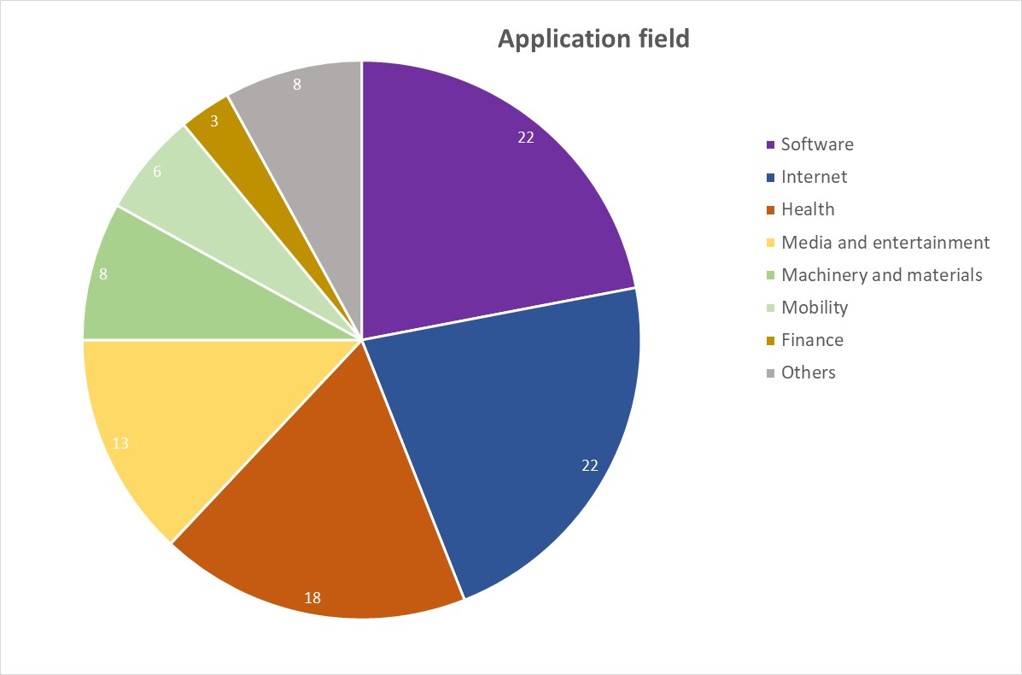
PhDs, Research Engineers but also people external to Inria
What about the people developing these 100 projects. We first have 144 “entrepreneurs”. Although it is often said that it is not good to start alone, 49 of our projects had a single individual. Other delicate topics that we do not neglect, but which remain difficult to change include the small ratio of 10% of women and 73% of French people. Silicon Valley is known for the same gender bias but on the other hand is much more international with around 50% migrants among its startup founders. Finally, we have 15 permanent researchers (including 4 from the university), 46 young PhDs or postdocs (including 15 from university labs), 17 research engineers, 15 young graduates, 9 Inria alumni (people who have been at Inria several years ago) and 40 people without an academic link (who are often cofounders with an academic one in a project with several people). This diversity of population is a strong asset for this young community which has been able to begin to share experience after the years of confinement linked to the COVID.
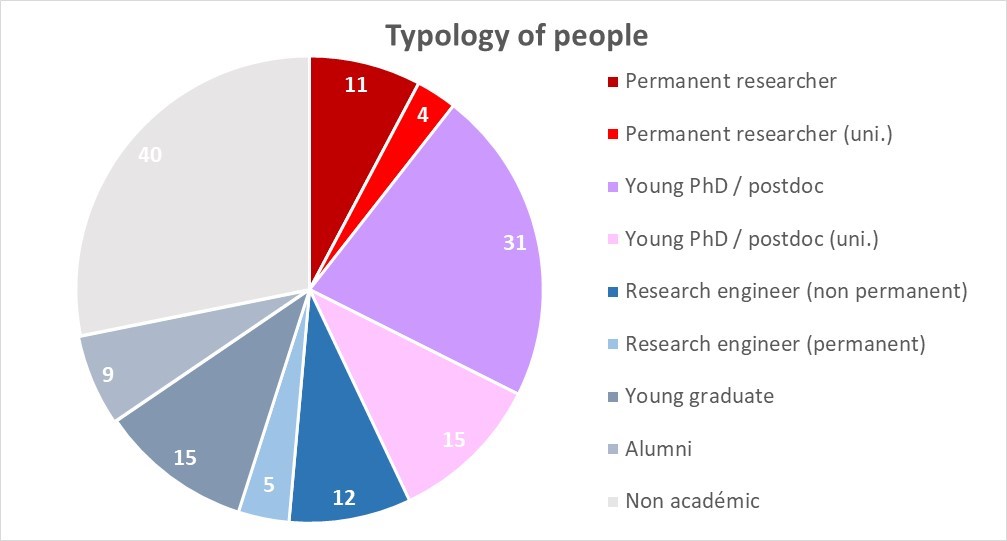
What is the current status of the projects? We have a selection process where we count in qualification the projects passed by the committee, but which have not yet started the program. The construction corresponds to the projects following the program, and once exited they are considered as in implementation (unless the startup has been created or the project stopped).
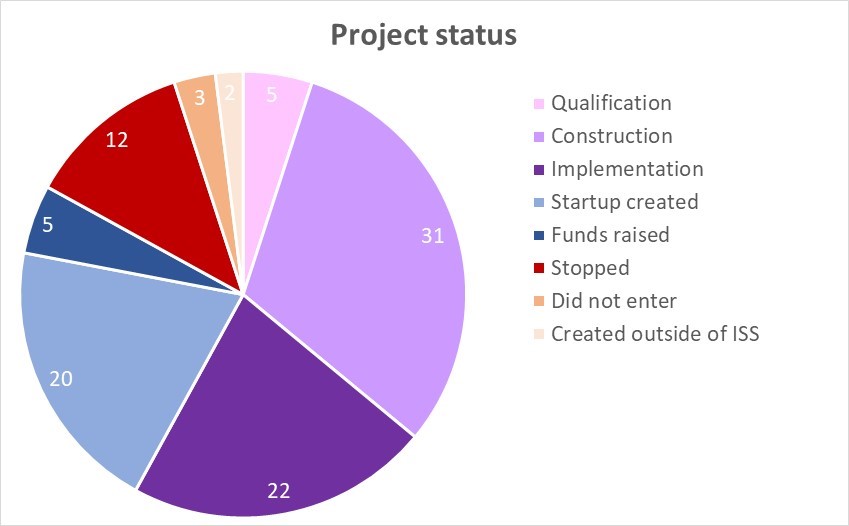
25 startup and more than €5M invested
25 startups have therefore been created out of a total of 59 projects that completed the program (i.e. a conversion rate of 40%). We have noticed that it takes on average 4 to 5 months to create the startup after exiting the program. Five of these startups raised more than €500k, which is a rate of 20% between startups created and those that raised money. It should be noted finally that 5 selected projects did not enter the program and 12 finally stopped their project during or after the program.
Publication date: 15/11/2022
Want to get started ?
